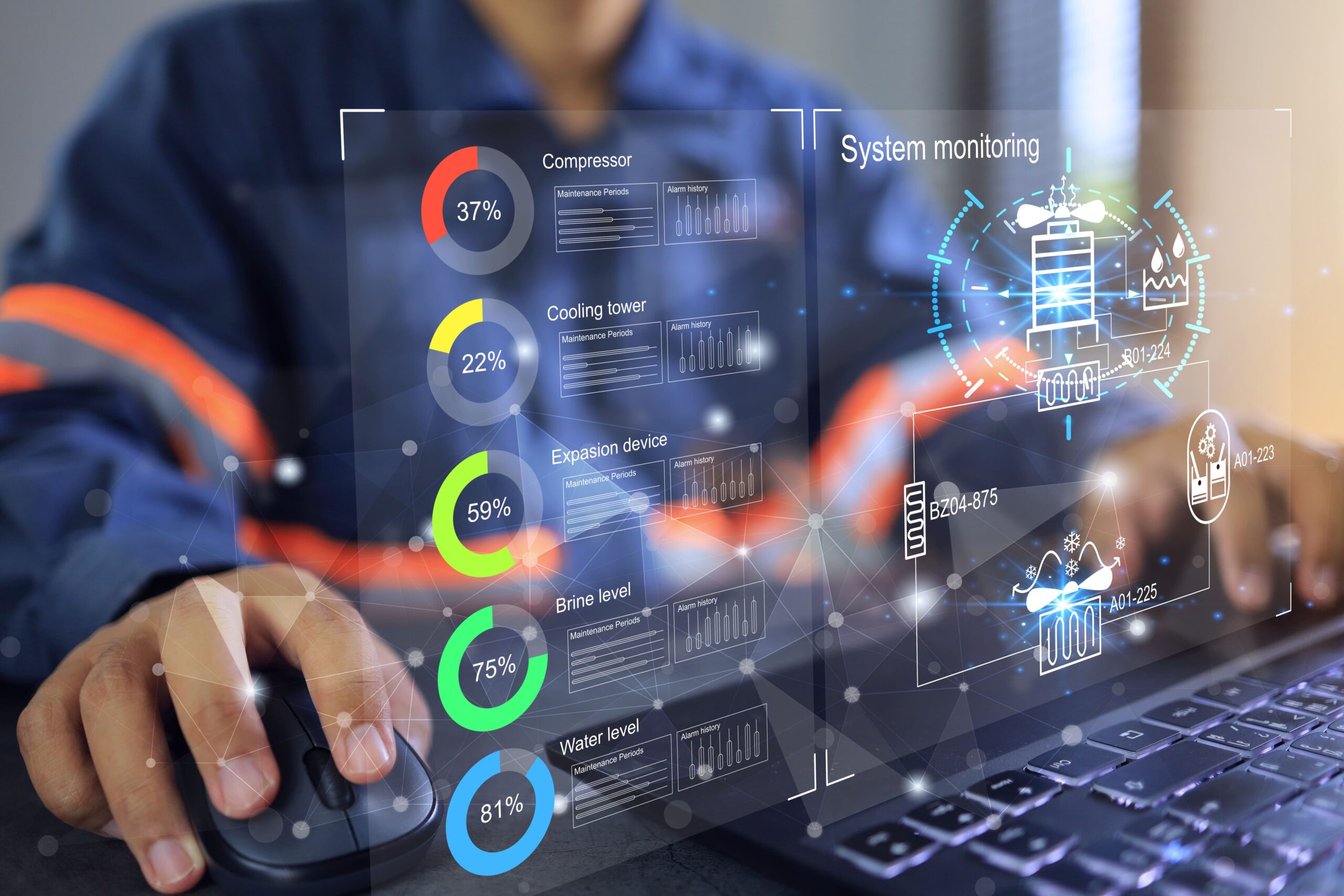
Axis 1 – New prediction and
monitoring tools
Targeted projects



No news
Scientific objects
The aim of this area is to develop methodologies and generic tools for measuring, controlling, optimising design and assessing environmental impacts, in order to support the decarbonisation of industrial processes. The aim is to avoid displacing environmental impacts by anticipating emissions and then measuring them in real time. In particular, the following scientific challenges will be addressed:
- Comparing different industrial processes aimed at decarbonisation in a coherent manner
- Supporting the optimisation of the decarbonisation of industrial processes down to the territorial scale of future processes at different stages of development and on different scales, using the concepts of industrial ecology and life cycle assessment (LCA).
- Enabling LCA to carry out real-time monitoring of processes using dynamic LCA modelling and analytical control to enable manufacturers to optimise their processes in real time to reduce their emissions.
- Support the other areas of the PEPR SPLEEN programme in carrying out significant studies for the development of new low-carbon processes.
This theme is broken down into 3 sub-themes :
Real-time monitoring of process emissions and environmental impact
DCARBO : Real-time monitoring and control of process emissions and environmental impact
Decarbonizing industry requires better knowledge and control of CO2eq emissions from production systems. Installing sensors at strategic locations and providing process data in real time could provide the relevant information needed to carry out a dynamic analysis of CO2eq emissions, with greater accuracy than current asynchronous approaches.
The challenge of the DCarbo project is to define, for several types of production systems, the appropriate structure for the acquisition and collection of relevant data and the associated tools for decarbonisation decision-making.
The aim is to propose relevant artificial intelligence (AI) models and algorithms for each decision point, to experiment with and compare the different models and algorithms, and to establish a methodology for implementing these new approaches with a view to their application in industrial contexts. The originality of the proposed research lies both in the coupling of different types of AI and in their use for real-time monitoring and control of industrial processes for efficient decarbonisation of industries.
Assessment and prediction of industrial systems and environmental impact
LCA-SPLEEN : Optimal multi-criteria design of industrial systems
The ambition of this project is to provide industries and research communities with metrics to support the decarbonisation of industrial processes while minimising the transfer of environmental impact, in anticipation and then in real time.
The project aims to focus on certain scientific challenges :
- Consistently compare multiple industrial processes aimed at decarbonisation
- Support the optimisation of the decarbonisation of industrial processes (including on a territorial scale) while minimising the transfer of the environmental impact of future industrial processes at different stages of development and at different scales using life cycle assessment (LCA)
- Enabling LCA to monitor processes in real time using dynamic LCA modelling and cost accounting, so that manufacturers can optimise their processes in real time.
- Support the other PEPR areas in carrying out significant LCA studies for the development of new low-carbon processes.
Life cycle analysis (LCA) and social, economic and technological issues
ACT-4IE : Life cycle analysis, combining social, environmental and economic issues
ACT-4-IE proposes to implement a systemic approach to assess, diagnose and optimise industrial zones in order to transform them into agile, low-impact eco-territories, whereas they are generally managed without taking into account their nearby industrial and urban environment. The aim of the project is to develop methods and tools to encourage integrated and circular management of flows on a territorial scale, capable of stimulating local interactions. It will include the diversity of players, their points of view and their objectives (cost, environmental impact), with the emphasis on CO2 emissions and sustainability. Different categories of flows (materials, waste, energy, data and information) and services must be interwoven at different scales, both within eco-industrial parks and with the external networks of the water-resources-energy nexus. Performance indicators need to be clearly defined to assess the impact of optimal solutions and help decision-makers at the territorial level. In the light of cyber-physical systems, the networks of exchanged resources must be adaptable, secure, safe and integrated into a dynamic environment. The multi-scale aspects (level of detail, data management) and the variety of temporal dynamics in the sub-systems must be integrated into the overall methodology with a rational calculation time.